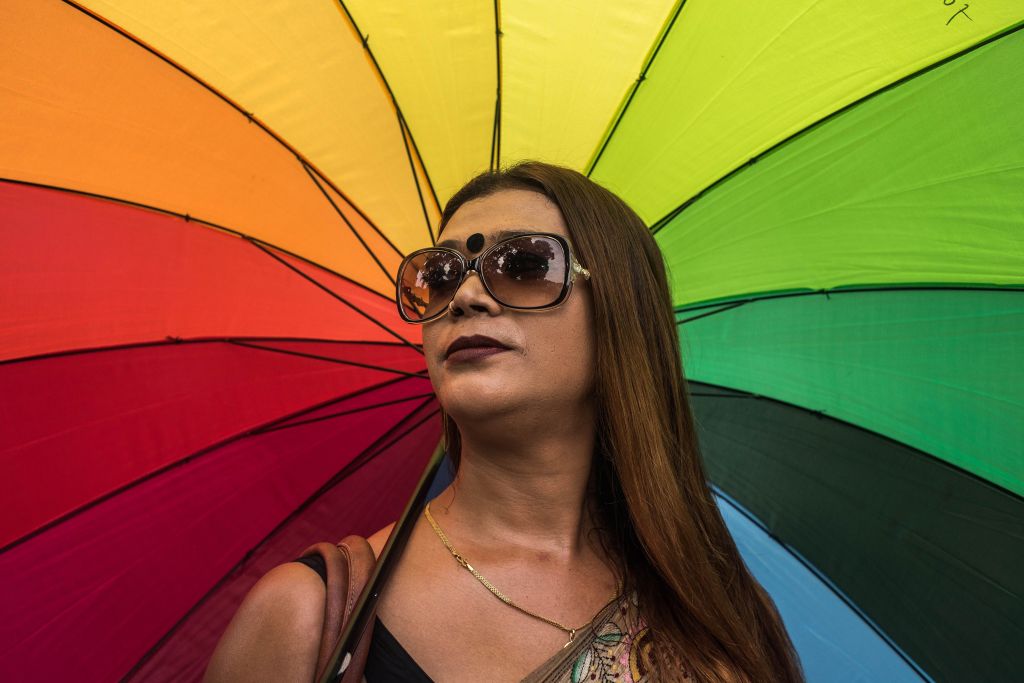
Source: Barcroft Media / Getty
On Tuesday (July 10), the Supreme Court of India began its hearing on petitions filed against Section 377 of the Indian Penal Code. It’s the country’s anti-gay law that was decriminalized in 2009 (Delhi High Court ruled that it did not apply to sexual relations between consenting adults) and reintroduced in 2013. It’s also one of the world’s oldest laws criminalizing gay sex, and is “routinely used as a cover to harass, blackmail and sexually assault” gay people, according to The New York Times.
“According to the law of the land, I can be handcuffed,” Ayesha Kapur, one of many fighting against the frightening and antiquated law, told The Times in June. “It’s a very real prospect. Nothing stops the police from coming to the homes of the petitioners.”
The hearing comes after petitioners began demanding the law—which criminalizes “whoever voluntarily has carnal intercourse against the order of nature with any man, woman or animal”—be done away with.
Gay sex has long been viewed as taboo in India, with some in the conservative country considering homosexuality as a form of mental illness. On Tuesday, ahead of the scheduled Supreme Court hearing, Bharatiya Janata Party (BJP) leader Subramaniain Swamy referred to homosexuality as “a danger to national security.”
“It’s not a natural thing and you cannot celebrate it, you cannot treat it as normal, you cannot treat it as choice,” he told Asian News International (ANI). “It is against Hindutva, it is against all our scriptures, and I will certainly continue to protest against it.”
Last year, the Supreme Court ruled that sexual orientation is “an essential attribute of privacy” and that “discrimination against an individual on the basis of sexual orientation is deeply offensive to the dignity and self-worth of the individual.”
















